Film bros have long had their list of sacred-cow directors who can apparently do no wrong: Scorsese and Fincher and Nolan, of course, but also the likes of Denis Villeneuve, Paul Thomas Anderson and — as of this year — Greta Gerwig. To their number should now be added Paul King, a filmmaker whose name may be less familiar than some of his peers, but whose flair and ability to make apparently risky projects not only work but succeed admirably and hilariously was demonstrated by his two Paddington films. It is now confirmed by the critical and commercial success of his Charlie and the Chocolate Factory prequel, Wonka, which triumphantly overcame mediocre pre-release buzz by being a marvelously sweet confection.
There has been understandable grumbling about Hollywood’s recent tendency to crank out prequels as if there is no tomorrow, on the grounds that they are, inevitably, jeopardy-free projects; we know, for instance, that Han Solo is going to be alive and well at the beginning of Star Wars, so there can’t be any possible jeopardy in all his escapades in the spin-off Solo. Yet the whole point of Wonka, close shaves with rivers of chocolate aside, is not to major in danger, or to delve into the tortured psyche of Timothée Chalamet’s tuneful confectioner — something that Tim Burton’s grim and creepy 2005 Charlie and the Chocolate Factory film did rather too much of. It is instead to produce the most joyful Christmas film that I can remember seeing. Wonka supplies something that has been in very short supply in movie theaters for years: fun.
The storyline, as written by King and his regular collaborator Simon Farnaby — who has a droll recurring cameo as a lovelorn zoo attendant — is both ingenious and straightforward. Wonka arrives at an unnamed Mittel-European city (breathtakingly designed by regular Nolan production designer Nathan Crowley) and sets about making the lives of people better with his extraordinary chocolate, only to fall foul of both a chocolate cartel and a mercenary washerwoman, whose skill at conning her unfortunate lodgers into a lifetime of servitude is only matched by her fetish for Bavarian aristocrats. A stream of cameos and supporting appearances from British character actors duly follows, none of which can match Hugh Grant’s haughty Oompa-Loompa for hilarity, but all of which are both memorable and perfectly judged.
It helps, too, that the songs by the Divine Comedy’s Neil Hannon — orchestrated by his one-time bandmate Joby Talbot, who also provides the film’s score — are sublime, mixing jauntiness, whimsicality and wit to immediately memorable effect. Great songs include Chalamet’s show-stopping “A World Of Your Own” — the film’s best chance for an Oscar nomination — and the drolly seductive “Sweet Tooth,” in which the city’s corrupt chief of police is bribed with greater and greater amounts of chocolate to allow the dastardly cartel to execute their nefarious plans. It is amusing that Warner, clearly panicking that the film would be poorly received by audiences if they knew it was a musical, did not even so much as hint at its tuneful bounty in the (dismal) trailers, but it did not matter; the film’s $39 million opening weekend suggests that it will continue to be a fixture in cinemas for weeks to come this holiday season.
With the third Paddington film unfortunately being made without King, who directed this instead, there is unlikely to be as big-hearted and wonderfully executed a family film in theaters any time soon, and that is an enormous shame. Beset as we are by dismal Marvel and superhero pictures — and with the sure-to-flop Aquaman 2 likely to leave a significant hole in Warners’ balance sheet at the year’s end — it is a wonderful thing to find a movie as joyous and exhilarating as this. It’s a testament to — as Chalamet sings, in a homage to Gene Wilder’s 1971’s Willy Wonka and the Chocolate Factory — pure imagination in all its many forms, and we are all the richer for this sweet but never sickly cinematic treat.



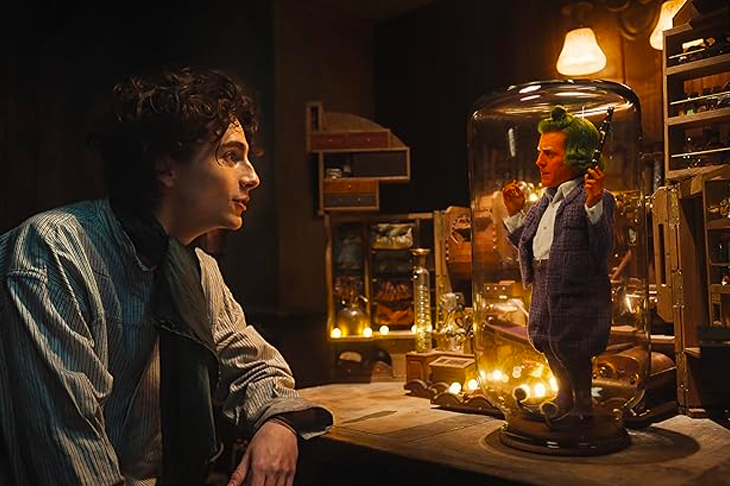





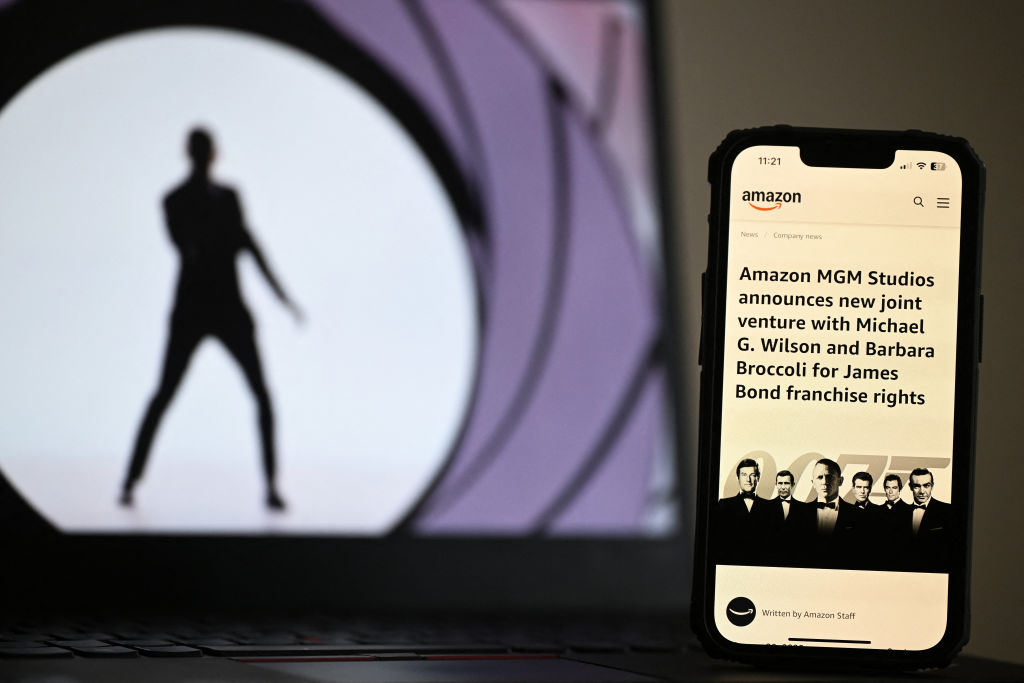
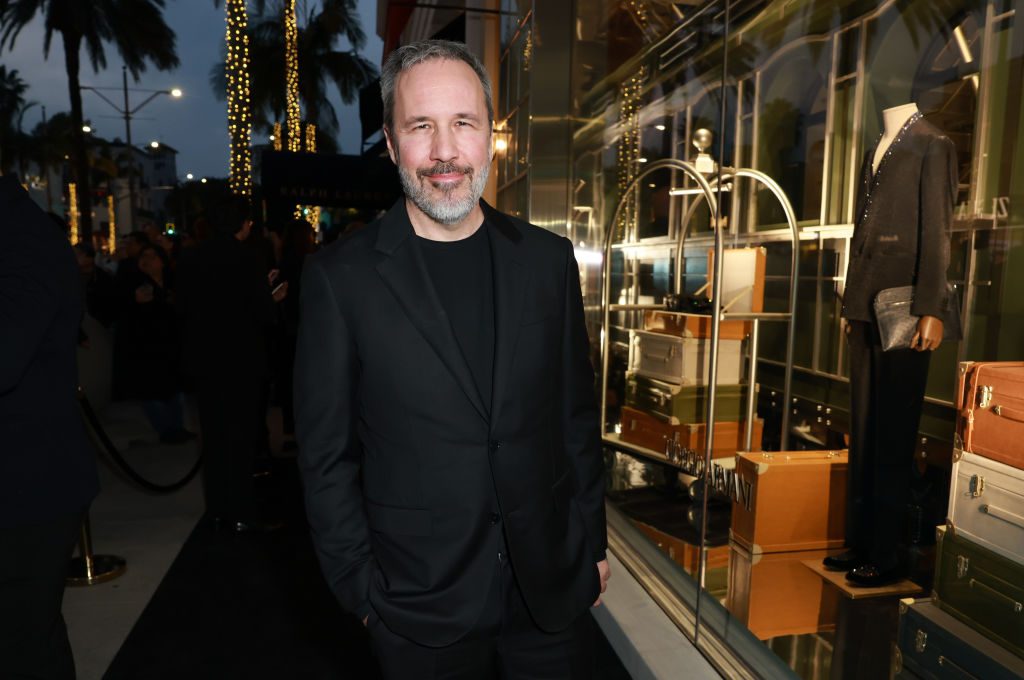
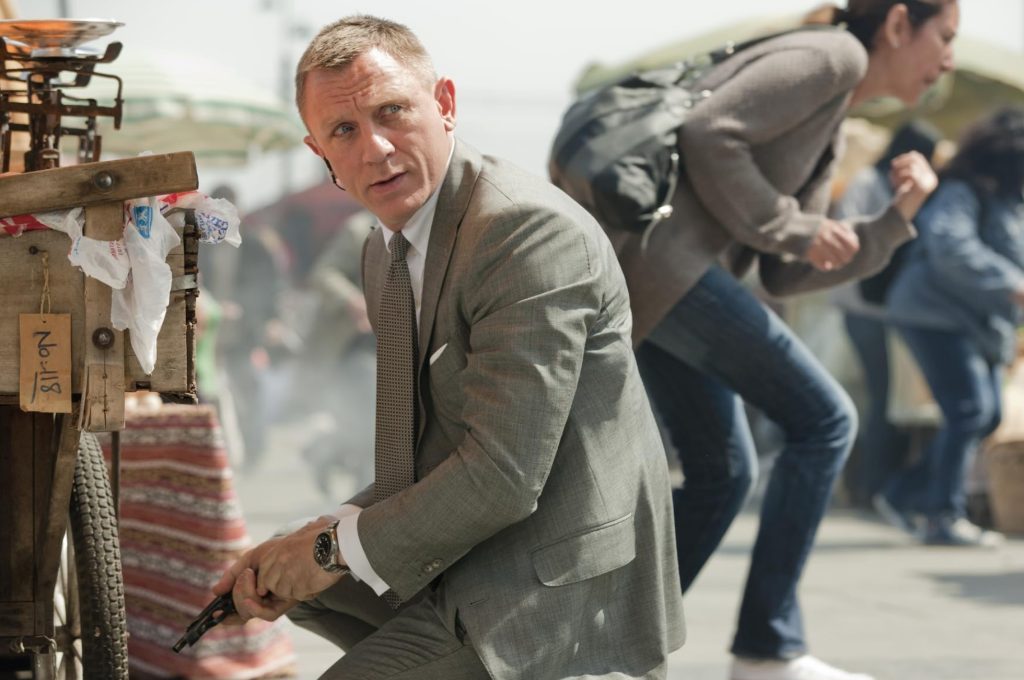

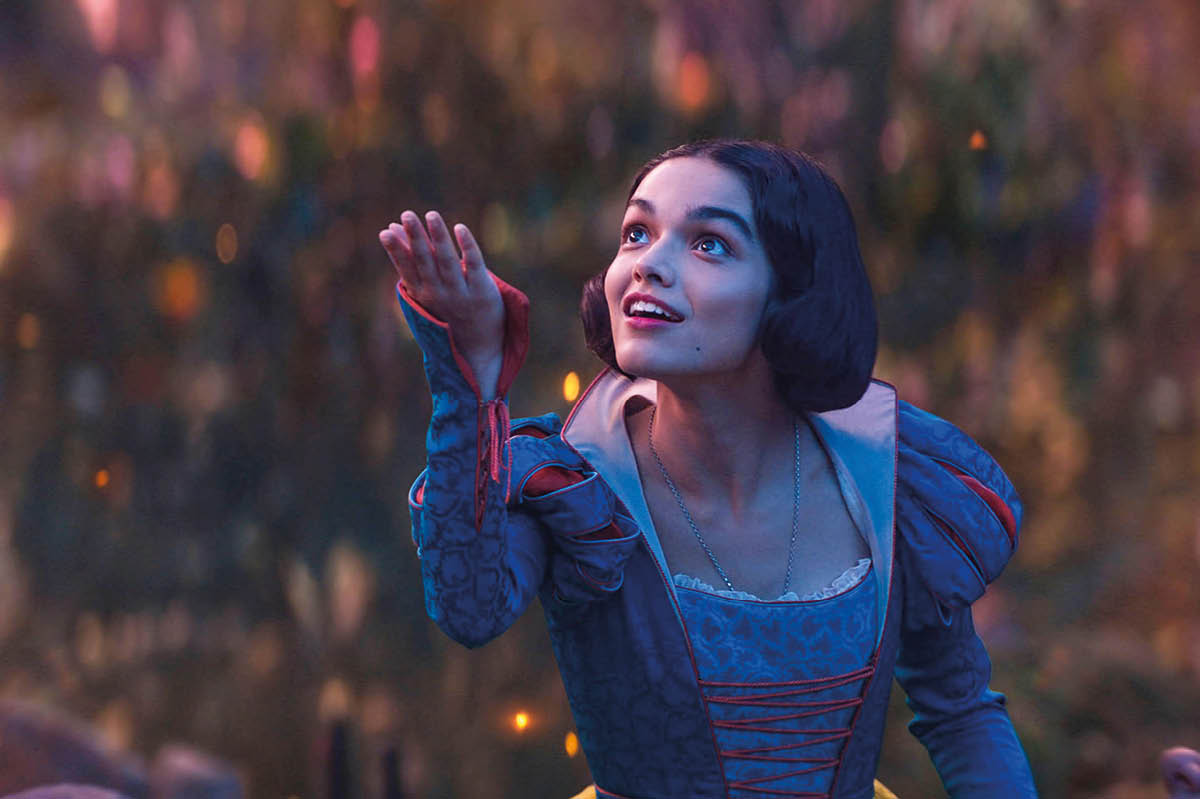








Leave a Reply